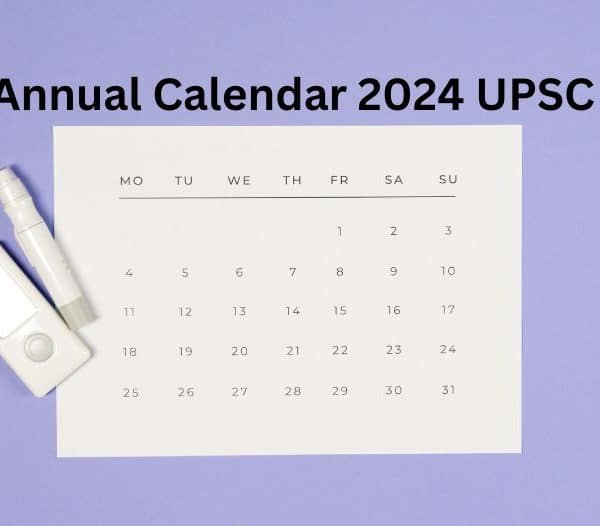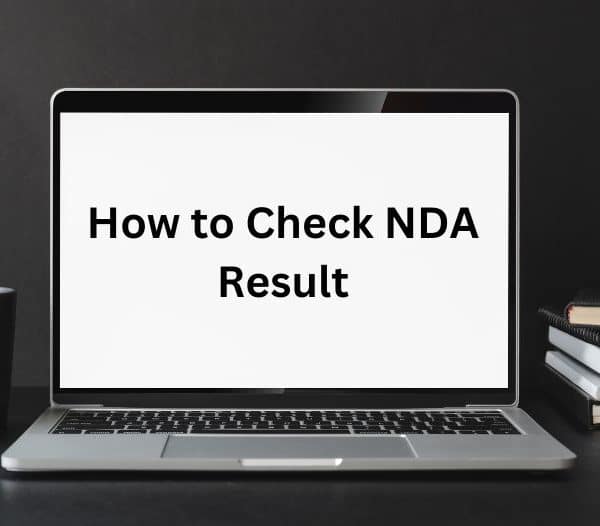Indian Foreign Service (IFS) officer is selected through the UPSC Civil Services Exam (CSE). Are you also thinking of becoming an IFS officer? Want to know what is the job of an IFS officer or how does the Indian Foreign Service training program is like? Then you are in the right place. Read this article till the end find out all the in information related to IFS training.
Indian Foreign Services Training
The training of selected IFS officers occurs in two different stages. Those two stages are;
- Foundation Course
- Induction Training Program
The Foundation course is organized by Lal Bahadur Shashtri National Academy for Administration (LBSNAA), Mussourie. The goal of this course is for the trainee officer to get familiar with the administrative system, environment of the political, economical, social, and administrative issues. The duration of this course is around three and a half months.
The Induction Training Program is organized by the Sushma Swaraj Institute of Foreign Service Services (SSIFS), New Delhi. The duration of this program is nine months. The aim of the program is to train the IFS officer and enlighten them with the knowledge that will be required for an Indian diplomat to face the challenges and problems of the 21st century.
The total of the Indian Foreign Services training period is about one year.
Indian Foreign Services Training Post Induction Program
After the completion of the above programs, the officer trainees are allotted in different divisions of ministry for 2 months. The aim of this is to get them familiar with the working of ministry.
During these 2 months, the officer trainees are given exposure to working and first-hand experience under the guidance of a senior IFS officer. This training helps the trainees to prepare for their posting in Mission abroad. Every officer is also allotted a Compulsory Foreign Language (CFL) which they have to learn.
Indian Foreign Services Post
After the completion of the training, IFS officers are posted as the second secretary in one of the following wings: Political, Economics, Commerce, Counselor, Administrative, or cultural at an Indian Embassy for 3 years. During this time the officer is expected to learn about the political, economic and cultural background of the country of his or her posting.
The table below will help you understand the different posting of the IFS officers:
| At an Indian Mission Abroad | 1. Third Secretary (Language Trainee)
2. Second Secretary 3. First Secretary 4. Counsellor 5.Minister 6.Ambassador |
| At MEA Headquarters, India | 1. Attaché
2. Under Secretary 3. Deputy Secretary 4. Director 5. Joint Secretary 6. Additional Secretary 7. Secretary (The Highest Post under IFS is the Foreign Secretary, who serves from India). |
Also Read: Indian Foreign Service Eligibility: Duties and Responsibilities of an IFS Officer
IFS Exam
The IFS exam is conducted by Union Public Service Commission (UPSC) which is included in the Civil services Examination. This exam has there phases:
- Preliminary Examination
- Mains Examination
- Interview (Personality test)
The Preliminary Exam has MCQs type questions. With ⅓ marks of penalty for every wrong answer. This exam consist of two paper:
- Paper-I (2 hours, 200 Marks)
- Paper-II (2 hours, 200 Marks)
The questions in paper one are asked in general studies. The questions in paper two are to test the aptitude of the candidate. It is known as the Civil Services Aptitude Test (CSAT).
The Mains Exam consists of nine papers. The questions in this exam are descriptive type.
Also Read: Indian Foreign Services Syllabus: Click here to Know all about the UPSC IAS & IFS Exam
Conclusion
The IFS exam is conducted by the UPSC. The IFS training initially consists of two phases. The first phase is organized by Lal Bahadur Shashtri National Academy for Administration (LBSNAA), Mussourie. Which aims to make trainees familiar with the administrative system. This training lasts about three to four months. The second stage of the training is the Induction Training program. This program is organized by the Sushma Swaraj Institute of Foreign Service Services (SSIFS), New Delhi. During this program, the officer trainee is trained to deal with the problems that will be faced by an Indian Diplomat and educate them with the knowledge to deal with such problems.
Hopefully, this article will give you a clear idea about the IFS training. Do share your feedback with us by commenting in the below box.






